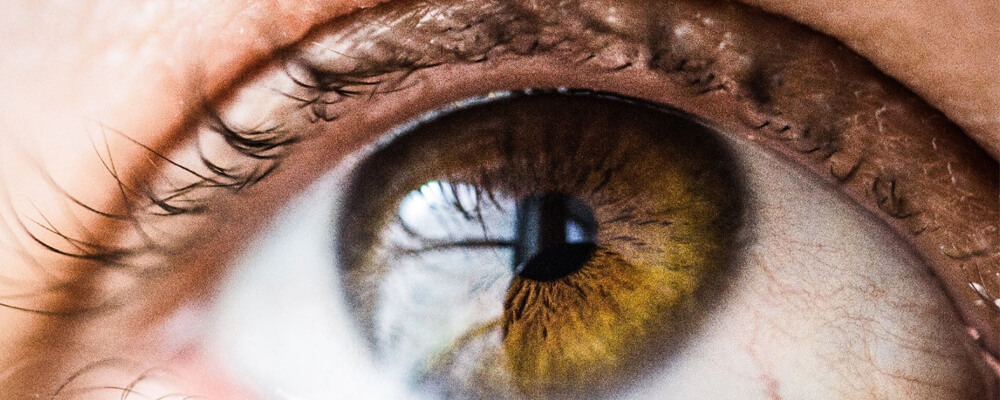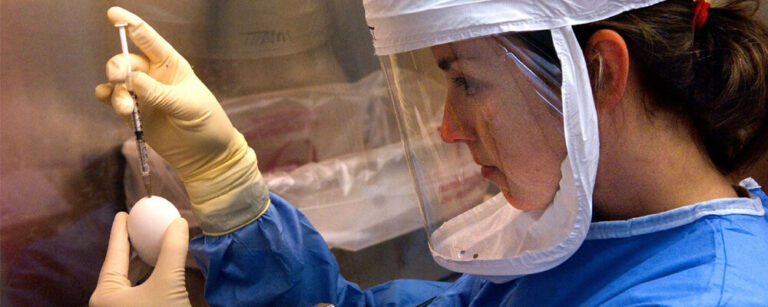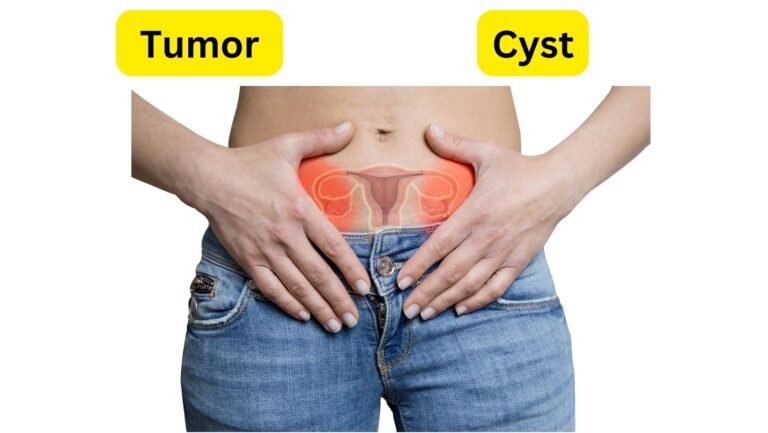
Two sets of chromosomes are present in human beings: Heterozygous (or homozygous). To describe the allele pairs, the terms Homozygous or Heterozygous can be used. A person who is Homozygous has two identical (RR, rr) alleles. However, a Heterozygous person has different alleles (Rr).
Let’s take, for example, the hair color gene that has two alleles. One allele code controls black (r), while the other is responsible for red (R). On homologous pair chromosomes, homozygous individuals have the same color allele, either RR, or rr. Heterozygous people will have different alleles on homologous pair chromosomes such as Rr. Let’s check below what is the difference between Heterozygous and Homozygous Individuals?
What is the difference between Heterozygous and Homozygous Individuals?
Homozygous refers to the condition where there are two different alleles of a gene. They can either be dominant or recessive. Heterozygous refers to a condition where there is only one dominant and one recessive gene allele.
It can take many forms (assuming Mendelian genes).
Two forms of homozygous conditions can exist. Only one form of the heterozygous condition is possible.
Potential genotypes
Assuming that A is dominant and A is recessive, the genotypes in homozygous conditions can be either AA (or aa). The genotype in heterozygous conditions can be Aa.
Mendel’s term
Mendel’s homozygous term was true-breeding, while heterozygous was hybrid.
Mendelian genetics
Homozygotes have an allele that is expressed phenotypically if it is present on both of their chromosomes. An allele in heterozygotes is not always expressed phenotypically unless it’s dominant. It can also be carried as a recessive.
Conditions or diseases
About 25% of cases of steroid resistant nephrotic syndrome (SRNS) are caused by homozygous conditions. This is where the sickle-cell-anemia alleles are expressed. In the case of sickle cell, the heterozygous condition may be advantageous. The heterozygote form protects against malaria and Huntington’s disease can also be expressed in the heterozygous state.
Summary of Heterozygous vs. Homozygous
- Both heterozygous (homozygous) and heterozygous (heterozygous) are terms that describe the alleles that make up a particular gene.
- Homozygous alleles can exist as either two dominant or two recessive.
- A heterozygous state is one in which each gene’s alleles are different.
- The homozygous condition can lead to sickle-cell anemia or steroid-resistant renal disease.
- Huntington’s disease is an illness that can be caused by heterozygosis.






